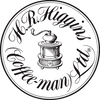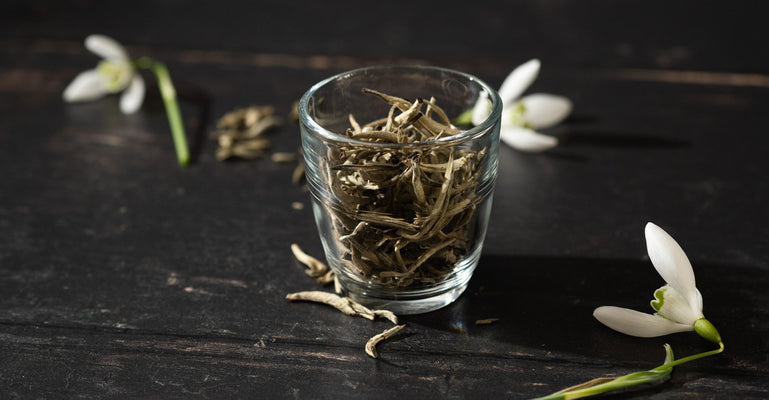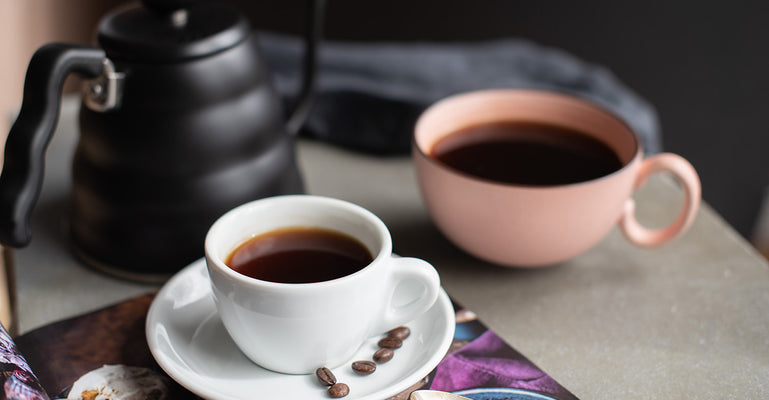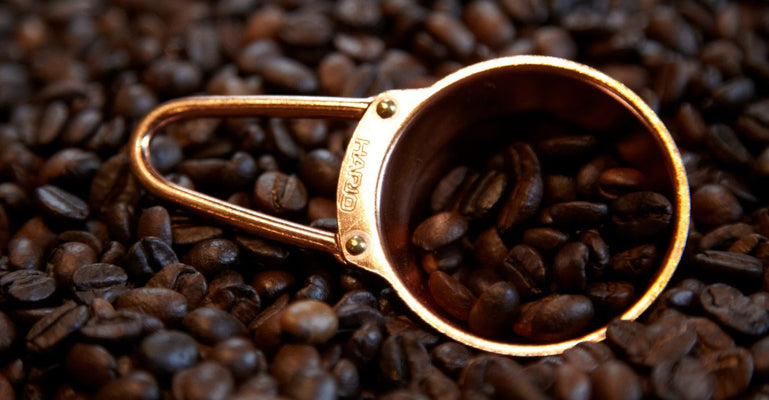During the Second World War, The Ministry of Food became the importers of all coffee into the United Kingdom. After the war was over, this continued, administered through the big coffee wholesalers of the time.
My father took delivery of the consignment as he usually did, suspecting no surprises. He sorted the delivery and noticed that some of the bags were marked "K.N.C.U. Produce of Tanganyika". This was interesting. Immediately, he set about roasting and tasting a batch. In his diary he says “The flavour of this Tanganyika coffee was outstanding”. Reminding him of coffee from Colombia, it had something of a flavour profile he had missed since before the war.
During this period, coffees from Central and South America were not available to us. As coffee was traded in dollars, H.M. Treasury would not sanction the purchase. Particularly not when we could buy coffee from The Sterling Area. The only exception to this was Brazilian coffee. We always had some coffee from Brazil.
I can remember my father talking longingly about the coffees he couldn’t get, especially Colombia coffee. This Tanzanian coffee from the other side of the world reminded him of the flavour he missed.
We received a few more consignments before the supply stopped. The suppliers told him no more was available and they were not very helpful with information about the origin. My father was keen for more information and sowent to The East African Dependencies Information office in Trafalgar Buildings where he was well received. They told him K.N.C.U stood for The Kilimanjaro Native Co-operative Union in Tanganyika (Tanzania). It was grown by The Wa Chagga people on the slopes of Mount Kilimanjaro. The K.N.C.U was regarded as one of the most successful and go ahead co-operatives in the whole of Africa. The commissioners were very interested that he thought so highly of the coffee and said that they would forward the information back to the K.N.C.U.
Returning from the bank one afternoon, my sister noticed two well dressed men talking about the Chagga coffee displayed in our shop window. She heard one say “Oh well, let’s go in”. Audrey went into the shop, passing my father at the counter and quietly saying "I think we're about to get a visit”.
The men came in and asked about the Chagga coffee. My father advised that he had some, however it was finishing and he would be out of stock soon. One of them replied “I think we might be able to help you there”. They were part of a trade commission from Tanganyika seeking to negotiate a new contract with The Ministry of Food. They said K.N.C.U coffee was available and that there were no reasons why the supply should stop.
So for a time, it all looked positive. But it would take years before we regularly obtained the quality Chagga coffee we wanted.
It was so frustrating. The K.N.C.U wanted to sell to us. However, the London wholesalers and brokers said the coffee was unobtainable, except for very low grades. This of course was not true. In the end, my father realised they had no intention of supplying us. They had their own areas of trade and promoting this K.N.C.U coffee wasn’t one of them. My father heard that they were annoyed. “Who was Mr Higgins to determine where they should get supplies. Mr Higgins was a retailer. Retailers bought their coffees through the international wholesalers and shippers. It was how things were done”.
We discussed the problem. We all believed in this coffee. There was only one solution: a personal visit to meet the growers. Almost at the moment we had made that decision, The U.K. Coffee Publicity Organisation in conjunction with The Coffee Board of Kenya announced they were organising a visit to East Africa for UK coffee roasters and suppliers. There would be opportunities to see the coffee industries of Kenya, Uganda and Tanganyika. My father booked his place, and on 16th January 1960, he set out on a journey that would change his life and ours.
The major London wholesalers were pleased to see my father on the trip. They were seeking to extend their areas of influence, and at the same time steer my father away from going it alone and subsequently into their plans for the future. In short, no rocking the boat.
But there were other factors at work which they could not control. No one could. The East African community was about to undergo a fundamental upheaval as Kenya, Uganda and Tanganyika became independent countries. Harold Macmillan was about to make his famous speech “The wind of change is blowing through this continent…” Forces were on the move and the old ways of doing business were not necessarily going to become the new ways.
The hospitality in Kenya, organised by The Coffee Board of Kenya, was magnificent. The programme of visits to coffee farms, visits to the wildlife reserves, all of the wonderful scenery that Kenya could produce was breath taking. After that were the evening functions and cocktail parties. Although cocktail parties were not really my father's thing, he said he managed.
My father was to stay at The Norfolk Hotel, at the time regarded as one of the best hotels in Nairobi. It also happened that representatives of the larger wholesalers were also there. But someone asked my father if he would consider changing hotels, as they wanted to join the group staying at The Norfolk. My father readily agreed, and moved to a hotel which was adequate but not so prestigious. Most of the party thought my father was mad to change. But my father says in his diary “They didn’t know what I knew. I had slipped away from the gang”
The programme included visits by the press, newspapers and radio. The press were interested in my father, to the surprise and annoyance of some of the larger operators. He had made several appearance on radio in the UK and the BBC World Service, and this had got through to the Kenya press. They wanted to know about Mr Higgins who ran a retail business in London’s West End and who had talked about buying coffee from African farmers.






